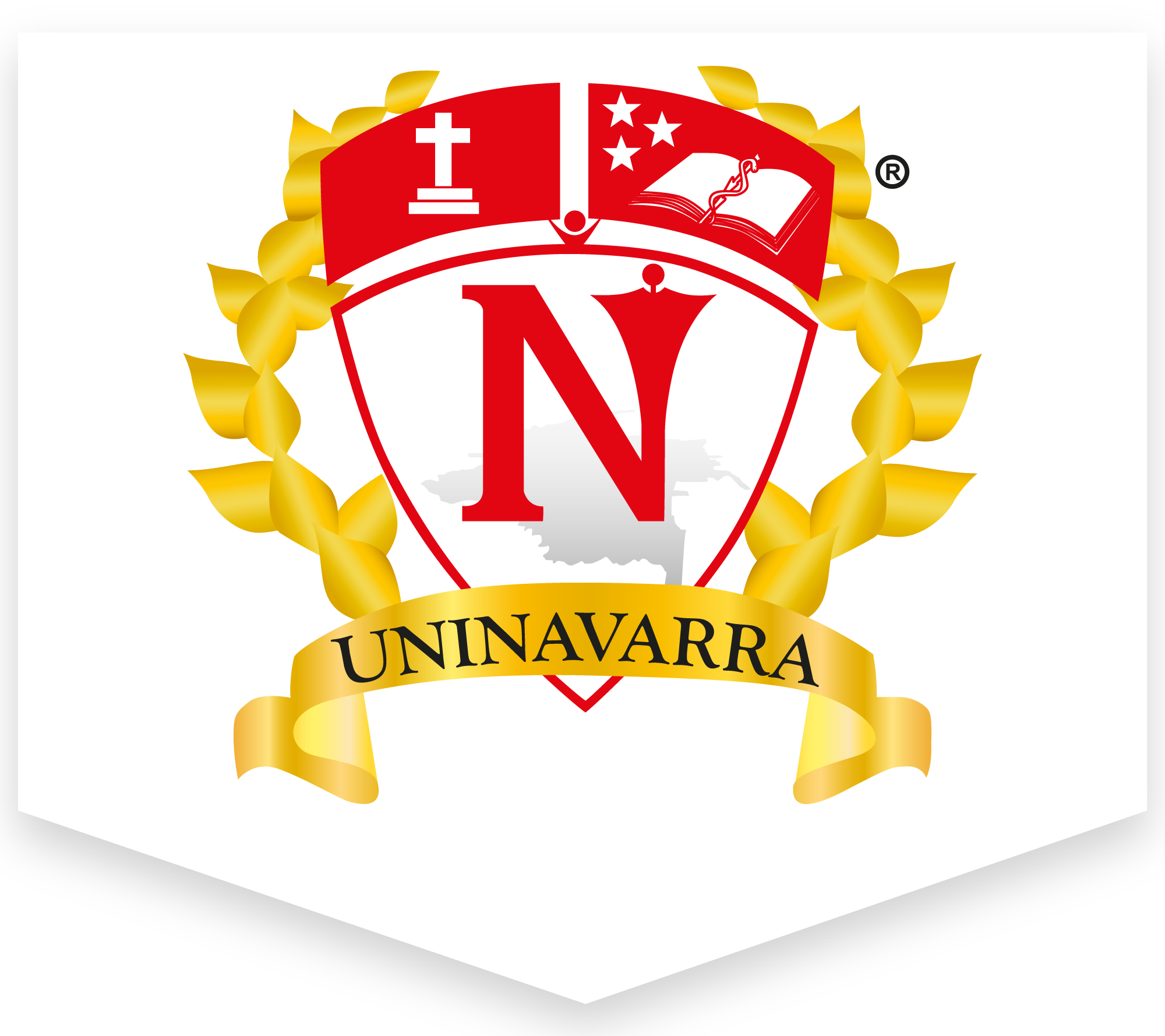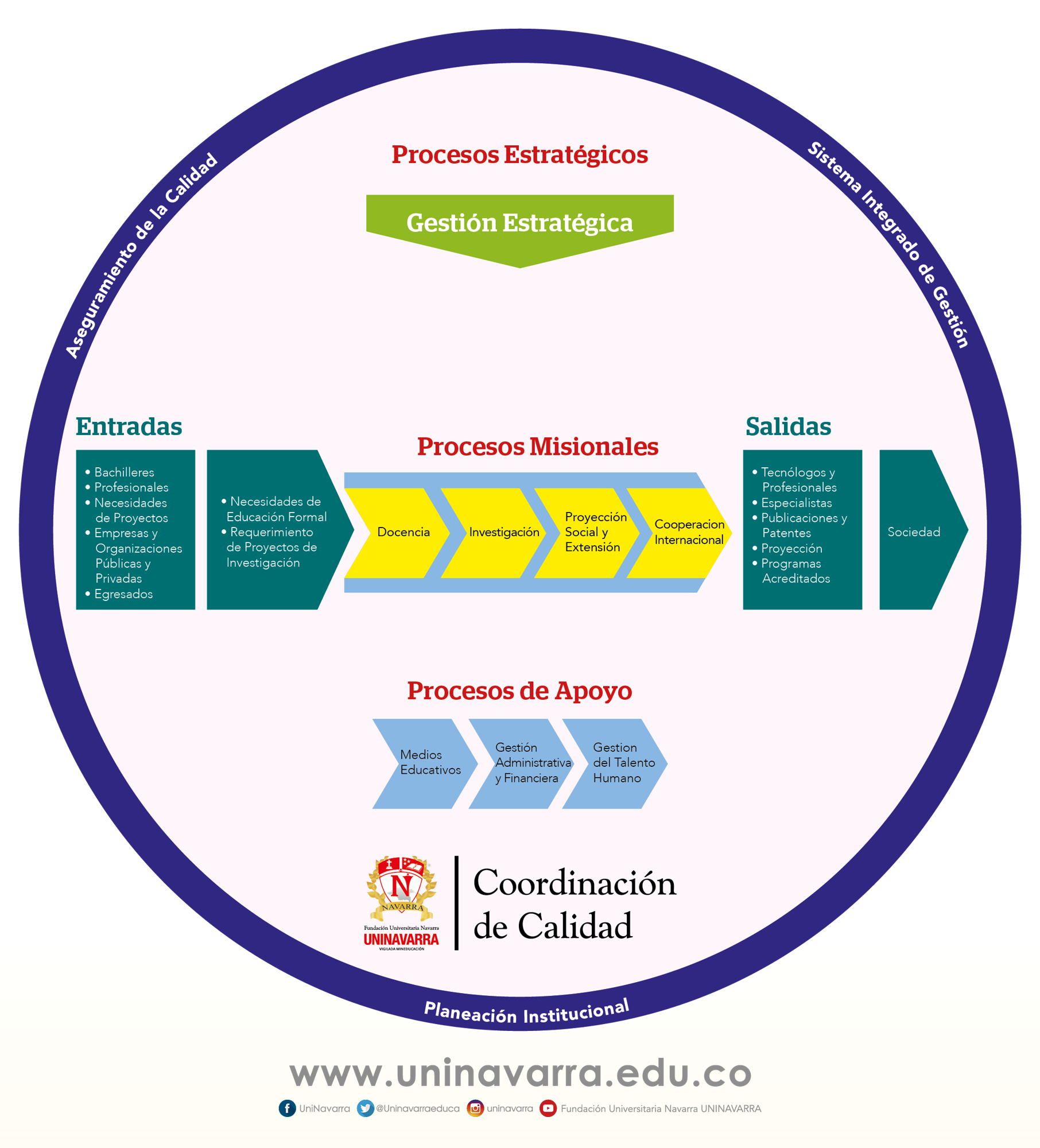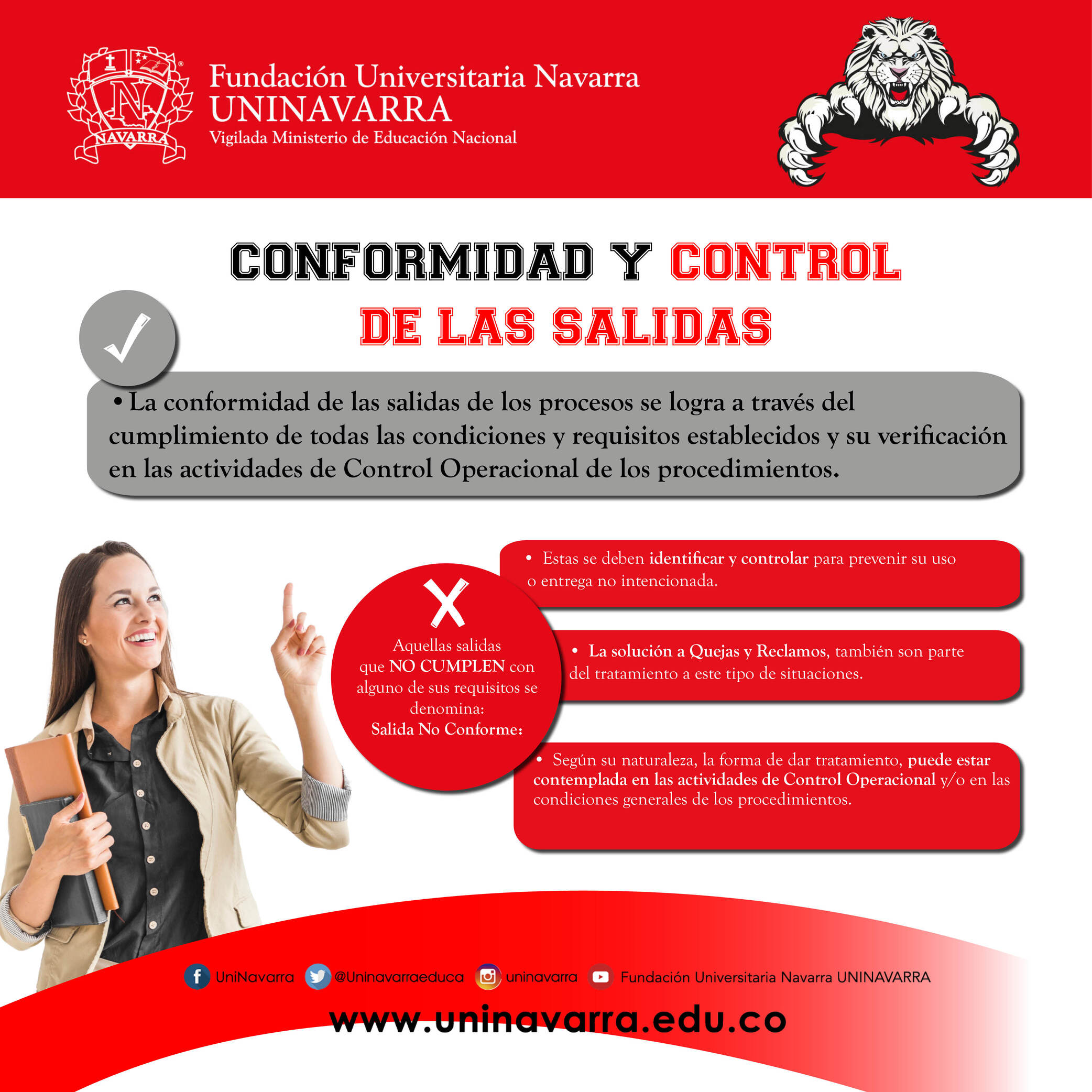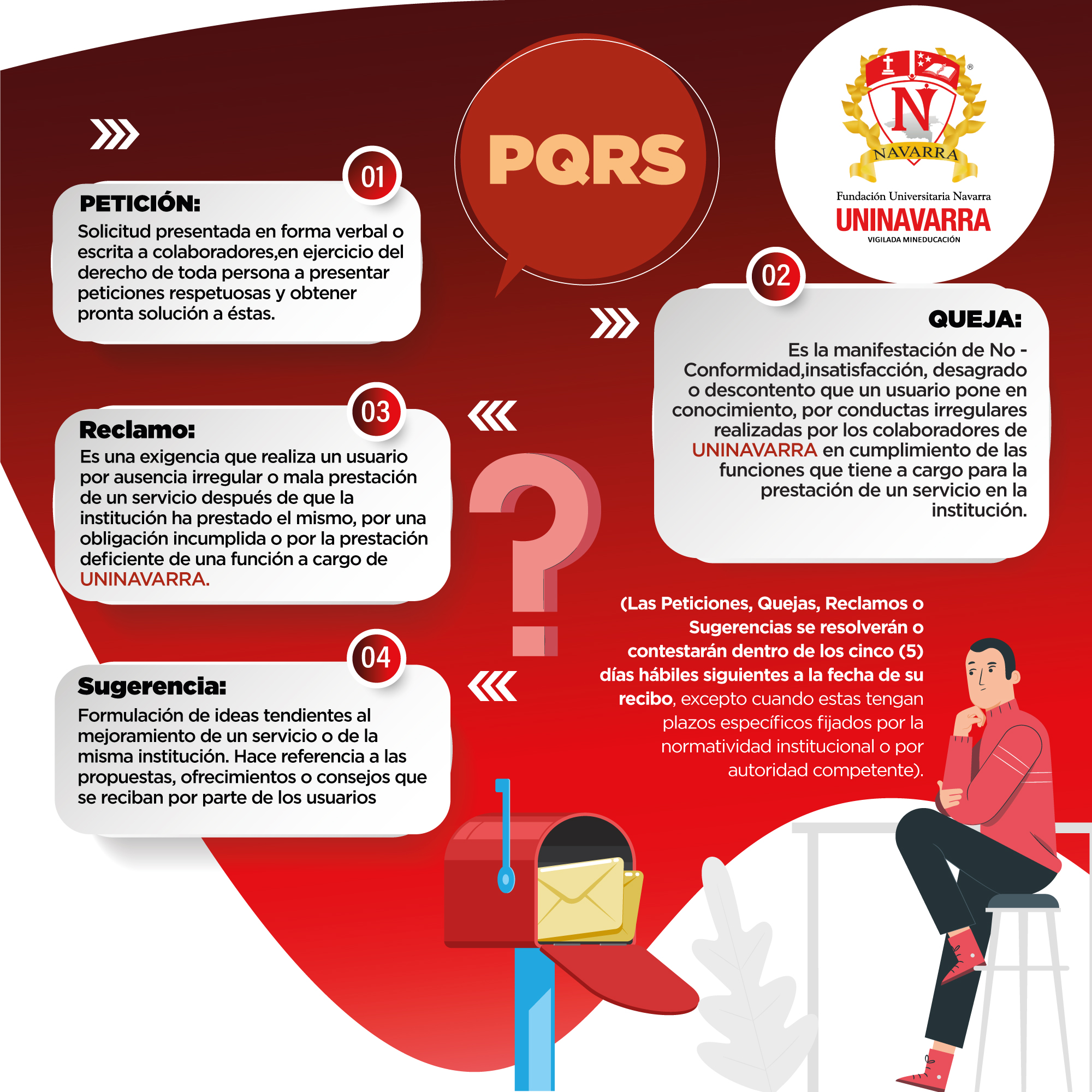© - All rights reserved Fundación Universitaria Navarra - UNINAVARRA | Watched Mineducation
Recognition of legal personality: Resolution Number 10570 of November 22, 2011.
University Institution Subject to Inspection and Surveillance by the Ministry of National Education
Recognition of legal personality: Resolution Number 10570 of November 22, 2011.
University Institution Subject to Inspection and Surveillance by the Ministry of National Education








